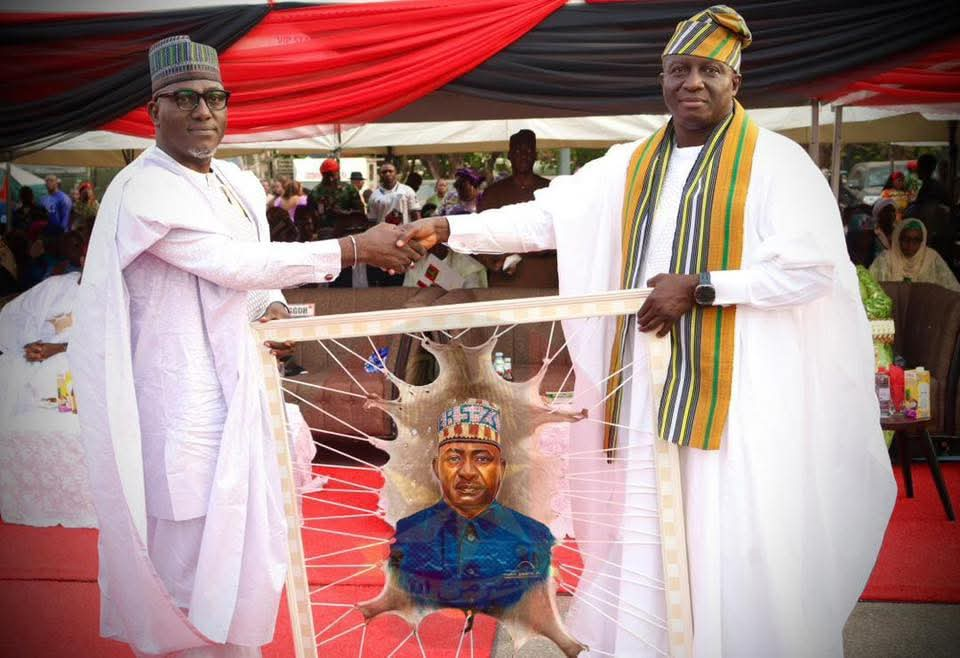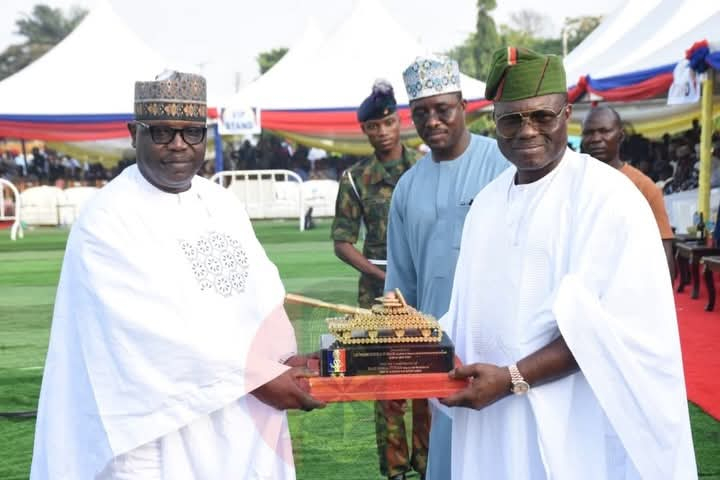Cultural identity refers to share beliefs norms, value and practice that define a group of individual often linked by ethnicity or religion, the identity shapes individual perception of themselves and their relationship to the world influencing their behaviors attitudes interactions with people.
Gbagyi /Gwari people are found all over the places in Nigeria, especially western parts of Abuja , Niger state ,Kaduna state, part of Kogi state and Nasarawa state.
Gbagyi/Gwari”s major towns include Minna, koru, kuta, kwaliu, Gawu, Gusssiro , Gwada, Guni, Fuka, Galkogo, Mailkula,Maita, Usafafa, Mpape, Bwari, Suleja, Shiroro, Beji, Diko, Alawa, Erena, Paiko/Paigi, Lamabata, Zugbo,Nuku, Gbogo and Farin doki.
Gbagyi/ Gwari is one of the most populated ethic groups in the middle belt and they are the original indeigenenios of the federal capital territory of Nigeria. It is believed they are the Boniface owner of Abuja. According to 2006 national censor the population of Gbagyi /Gwari was estimated as 5.8m people.
The Gbagyi/Gwari practice three major popular religion, Christianity, Islam and traditionalist.
The Gbagyi/Gwari shares boundaries with Igala, Ebira, Nupe, and Yoruba“s. Gbagyi language is two dialect Gbri (gwariyan and Ggayi, the two dialect are similar, they can understand each other.
Gbagyi/Gwari are agriclultalist, artistic, wood fetching, black smith, Cupid, pottery but their major occupation is farming.
The Gbagyi/Gwari have the same culture despite the scattering up to six state in Nigeria, the have one origin. The Jihad that broke up in some part of the northern region in February 1805 scattered them to six state in the north. They have wittiness war and they resolved to embrace peace anywhere they found theirs eves. The war made them to relocate to mountain, they believed mountain is safer, they can saw war from far away. They preferred to stayed in deep forest that will ensure peace., when justice Akinola discover Abuja as a center for Nigeria , it was amazing that people were found to be living in the deepest forest of Abuja. There so many things that stands Agbagyi/Gwari people out among other them is the placing of goods in the shoulders among there women even though civilization has replaced the idea. They believed that the head is the king of the entire body and it should not be disrespected, the head should be honored. The part of the body they placed their goods on is called Bwape(shoulder) it is believed that the loads are lighter in the shoulders , civilization has makes looks so primitive but the older women still preferred to place their loads on their shoulders.
Another tradition that was so peculiar to the Gbagyi/Gwari people was the way they conduct their marriage rites. They follows the old Biblical ways where a groom had to serve and laboring in the in -laws like Jacob who served the father in law because of his intention to marry Racheal but he was given the senor sister because the tradition forbid the younger ones to marry before the senor, he had to labor for another seven years before he was given his chose in marriage the days of Jacob, where the inherit groom will have to work for seven years in the farm for intended father in laws. Marriage among the Gbagyi/Gwari is very deep in tradition. The tradition has given way to modernization and civilization. The marriage rite has being monetized more over there has being crossed marriages, many of the Gbagyi/Gwari’s married outside their culture so the beliefs has to give way to way to what is obtainable.in the larger society , there are no longer on the mountain doing things in their own way .
The burial rite of Gbagyi/Gwari., they have three ways of boring the death, the older people are buried in the community while any young person, a child or anyone without a child is assumed to be young will be taken to burial ground outside the community . In some families they have one common graved ward where they buried their dead people, they may have more than five persons in one grave.
Also the burial rite of title holders and chiefs is quite different it involves a lot of traditional rites ad ceremonies. It could take days or months in caring out the rituals.
Gbagyi/Gwari are one of the ethics groups in Nigeria know to be peace loving, pains taken and accommodating , they will do anything to protect their identity , however things have change since there are mixed multitude. Exposure to the larger society with different cultres and beliefs. Many of these traditions are fading with time. No one will take anything from the family that was caught stealing or stolen anything, either from the farm or any wherein the community he or she will be excommunicated from the community this was to checkmate theft in the community , if such a person dies his or her belonging will be bunt because it is an abomination to touch the properties not even the children , this act has also change, now if someone is caught stealing or being dishonest, at the point of death the person will be asked to sell any of his belonging, they will use the money to buy prepare food for him to eat after this the family can now inherit his or her properties.
The Hausa’s have deep respect for the honesty in the Gbagyi/Gwari, they have a slogan that says ‘let us do it in Gwari’s way,” they were honest and peace loving people , however, due to the civilizations and modernization, there are lots of modification in the culture which as tamped with structure and believed of the Gbagyi/Gwari people .





